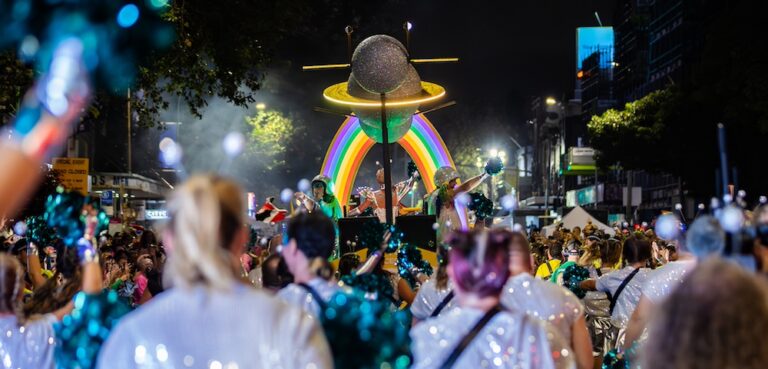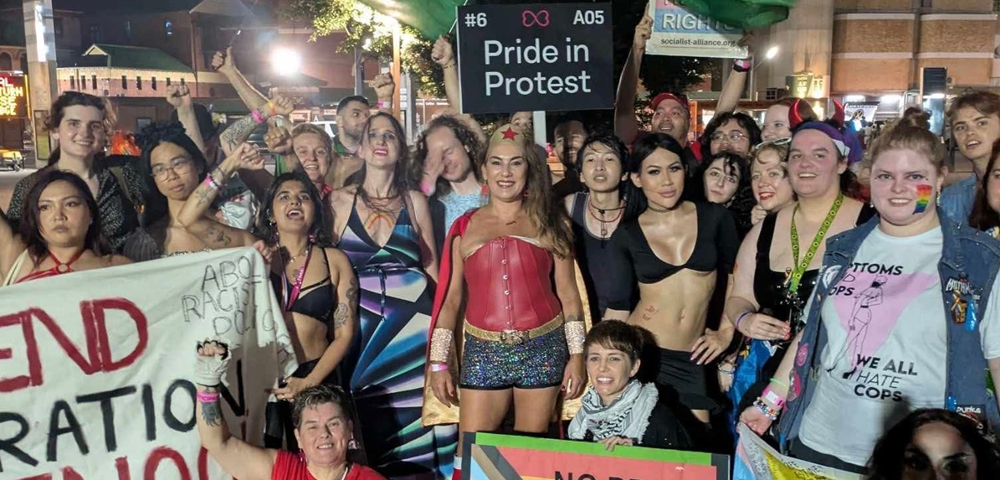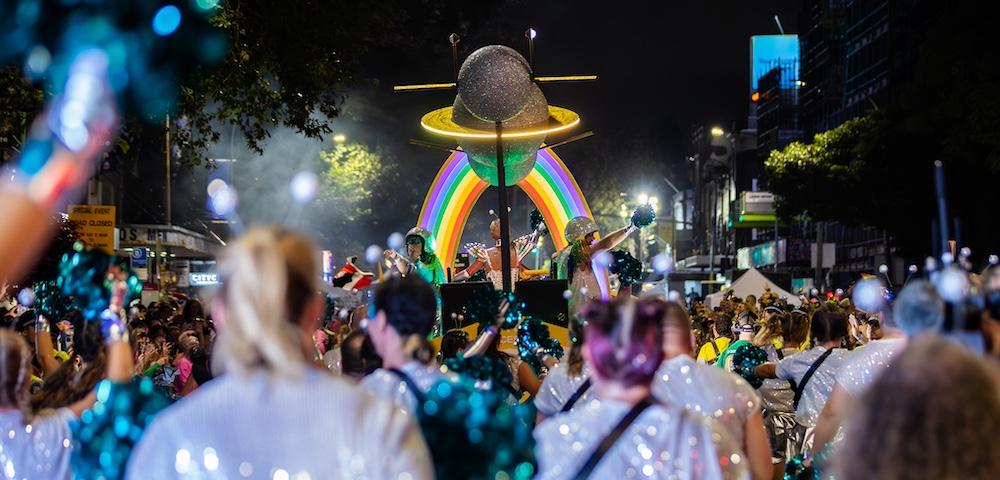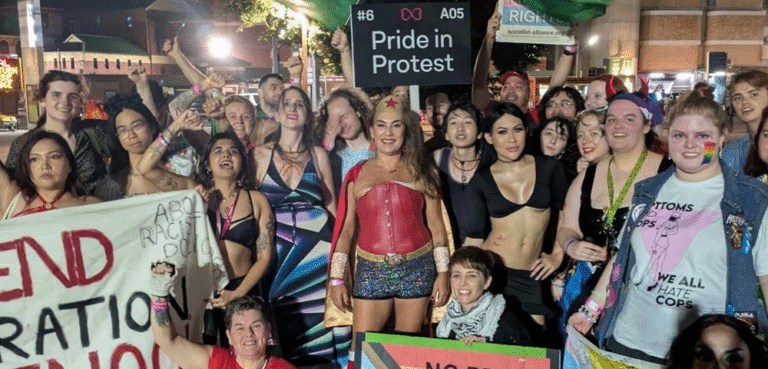
Monkeypox Is Not A Gay Disease, Says WHO
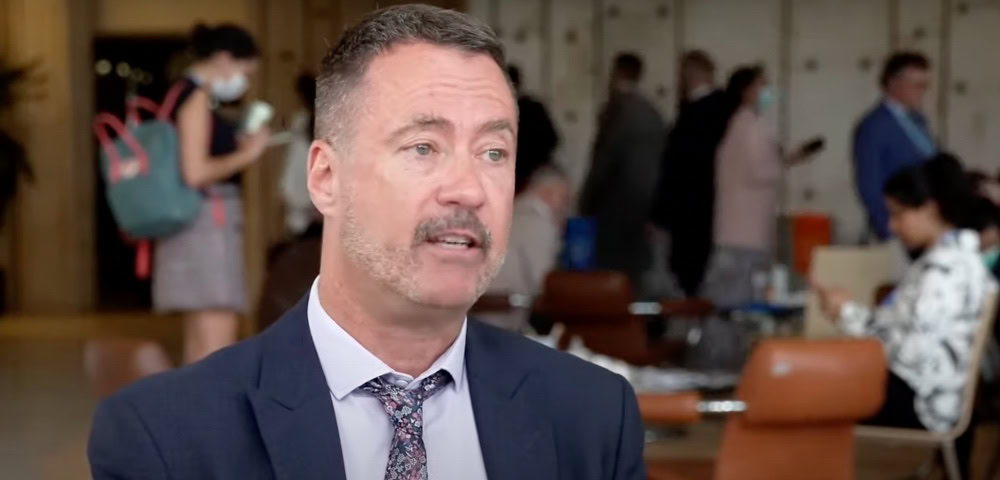
The World Health Organisation has come forward to clarify that monkeypox is not a “gay disease”, a week after health authorities in the US, UK and Europe said that cases were identified mainly among gay, bisexual and men who have sex with men (MSM).
More than 100 confirmed and suspected cases of monkeypox disease were recorded across 15 countries outside of West and Central Africa, where the disease is endemic.
Spanish health authorities have linked the outbreak in the country to a gay-friendly adult sauna in Madrid, which has now been temporarily shutdown. In Belgium, health authorities have linked the outbreak to visitors who attended the Darklands Festival, a multi-day gay fetish festival in Atwerp.
“There’s reason to assume that the virus has been brought in by visitors from abroad to the festival after recent cases in other countries,” the festival organisers said in a statement on social media.
Monkeypox Cases Among Gay And Bisexual Men In Several Countries
The WHO in a briefing said that anybody could contract the monkeypox virus and cases being recorded among men who have sex with men could be due to better access to sexual health screening available to the community.
“While, for example, we’re seeing some cases amongst men who have sex with men, this is not a gay disease as some people on social media have attempted to label it. That’s just not the case. Anybody can contract monkeypox through close contact,” Andy Seale, a strategic advisor with WHO’s HIV, hepatitis and sexually transmitted infections program, said during a Q& A session.
“One of the things we’ve recognized with this outbreak is it’s not typical. We’re seeing cases among men who identify as gay, bisexual, or from other groups of MSM in several countries, often linked to travel or recent travel, and it seems clear that this is linked to close contact. So this could be through social contact, possibly through sexual contact which of course is close contact. We’re still in the early days of this outbreak so there’s a lot we’re still learning.”
Seale added that cases being identified among gay, bisexual and men who have sex with men could also be because the community is vigilant. “We know that MSM, if they do spot an unusual rash, they’re likely to want to get it sorted out quite quickly,” said Seale.
Other trusted sources of community info and discussion: @teozka @mpactglobal @ACONhealth @burzynskir @susancolehaley @Matthew_Hodson @guscairns @apcom @BR999 @gregggonsalves @ITPCglobal @jhourcade @GATEOrg @GlobalSexWork and many more…. https://t.co/Wh4rYCk5JY
— Andy Seale (@ANJSeale) May 22, 2022
‘Viruses Do Not Discriminate’
UK Issues Health Alert For Gay, Bisexual Men Over Monkeypox Outbreak
Australia recorded two cases of monkeypox in men who had returned from Europe. ACON CEO Nicholas Parkhill in a statement last week had emphasised that it was important to tackle stigma and sicrimination.
“Through our experience with the HIV/AIDS crisis, our communities understand just how devastating and hurtful the impact of prejudice and stigma can be. It’s important we remember that viruses do not discriminate, and neither should we,” said Parkhill.
“Given what we know at the moment about MPXV overseas, it’s important that we stay informed, don’t panic and take decisions that are good for our health and our communities’ health.”
ACON has asked the community to monitor for any symptoms. “We urge gay, bisexual and men who have sex with men to look out for symptoms, especially those who have recently travelled overseas in Europe and the US. We particularly urge those who attended dance parties, sex parties or saunas in Europe to be vigilant for compatible symptoms,” said Parkhill.
Monkeypox Virus Transmitted Via Direct Contact
Monkeypox is a viral infection that is rare outside West and Central Africa, which has seen growing infections in the last decade.
Symptoms include fever, headache, muscle aches, backache, swollen lymph nodes, chills and exhaustion. Skin rash can develop on the face, before spreading to other parts of the body, including the genitals.
According to an advisory from Thorne Habour Health “Monkeypox virus is transmitted from one person to another by close contact with skin lesions, respiratory droplets, body fluids, or recently contaminated materials such as bedding. Respiratory transmission usually requires prolonged face-to-face contact.”
“While Monkeypox virus is not specifically a sexually transmitted infection (STI), direct contact during sex and/or with the clothing or linens used by a person with MPXV poses a risk of transmission,” said THH.
The Center For Disease Control and Prevention recommends that a person infected with monkeypox “should wear a surgical mask, especially those who have respiratory symptoms… other household members should consider wearing a surgical mask when in the presence of the person with monkeypox”.
For more information on the Monkeypox infection, check the Thorne Harbour Health website.

